Buy Ibogaine HCL Online
The ibogaine HCL is a psychoactive alkaloid extracted from Tabernanthe iboga root bark that has hallucinogenic properties. Ibogaine HCl is composed of 99.9 % Ibogaine and is one of the most potent available. HCl appears as a brown powder rather than white. Early evidence suggests that Ibogaine can help increase abstinence and relieve withdrawal symptoms in people abusing drugs such as heroin, codeine, cocaine and other substances such as alcohol, tobacco, and marijuana. However the existing research is flawed and unreliable.
There are many different forms of ibogaine available, spanning the gamut from whole root powder, which contains extremely minute amounts of ibogaine, and has very little effect when used with the intention of mitigating opioid withdrawal symptoms; to highly-purified, 99.7% pure ibogaine hydrochloride (HCl), at the other end of the spectrum.
Uses
Studies suggest that ibogaine, one of the iboga alkaloids, has potential application in the treatment of addiction to several substances. The US Drug Enforcement Agency (DEA) has designated ibogaine a Schedule I substance under the Controlled Substances Act (CSA).
Single oral doses of ibogaine ranging from 500 to 1,000 mg have been used in clinical trials for the treatment of opioid addiction. In patients with drug dependence in a Brazilian drug dependency clinic, an average single dose of 17 mg/kg in combination with psychotherapy was used under close medical supervision. Some literature suggests that based on limited animal data, and applying appropriate safety factors, a maximum initial oral dosage limit of less than 1 mg/kg for the treatment of drug dependence should be adhered to.
Psychological Effects
Large doses of iboga can induce agitation, hallucinations, vomiting, ataxia, muscle spasms, weakness, seizures, paralysis, arrhythmias, urinary retention, respiratory insufficiency, and cardiac arrest.
However, A small study in healthy male volunteers evaluated effects of a single low dose of ibogaine on mood state and cognitive function. Results did not identify stimulant effects after a single dose of ibogaine 20 mg; cognitive function and mood state were unaffected. However, there was a correlation between ibogaine concentration and performance in a measure of selective attention.
An autopsy was performed on a woman who received 4 doses of ibogaine (10 to 30 mg/kg) over a period of 15 months, the last administration being approximately 25 days prior to her death of natural causes. There were no signs of damage to the cerebellum, and Purkinje cells were normal.

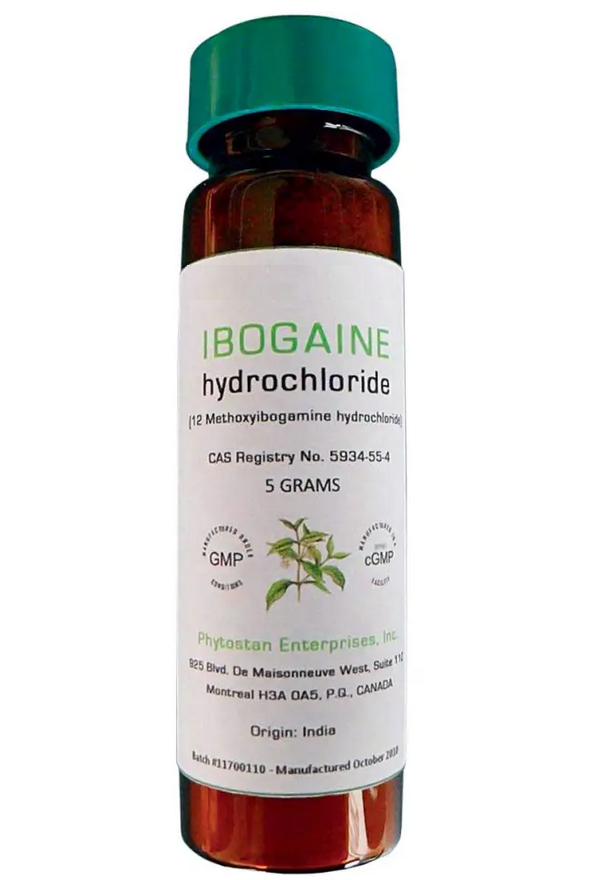
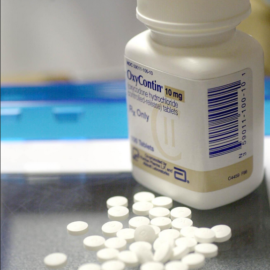
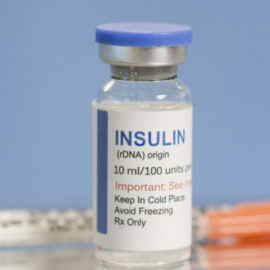
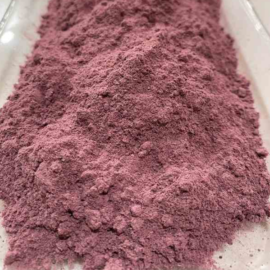
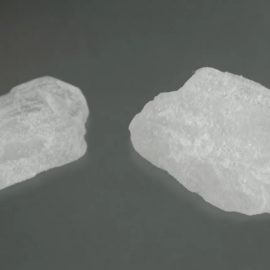
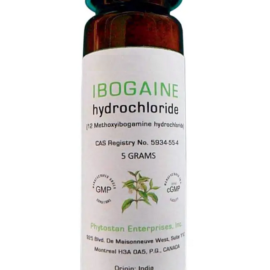
Leave a Reply